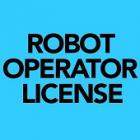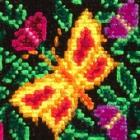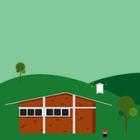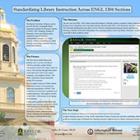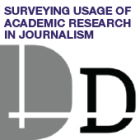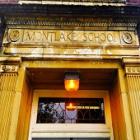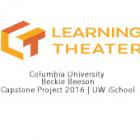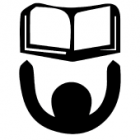
Regaining the Right to Read
During this project I worked with the Ozarks Literacy Council to establish the statistics on their user groups. Due to the OLC being a non-profit, their funding is based on the support of organization such as United Way. However, with a recent change in administration, there is a lack of evidence as to which demographics are utilizing the services offered by the OLC and where gaps lie in services offered. I compiled statistics gathered by the OLC and used Excel to created a spreadsheet utilizing macros that will make keeping stats in the future more user friendly so they are able to maintain this information on their own in the years to come. Additionally, I created an infographic highlighting user satisfaction and accomplishments by the learners that will be used to increase grants and fundraising.


